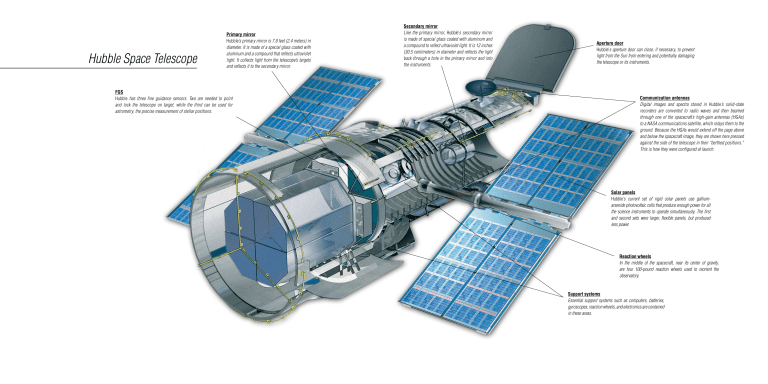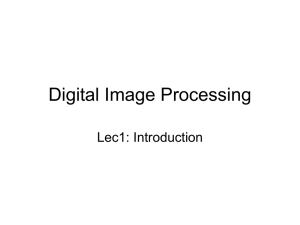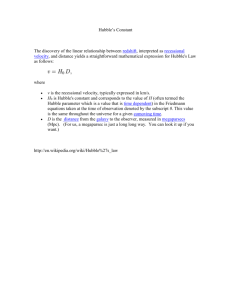
Hubble Space Telescope Primary mirror Hubble’s primary mirror is 7.8 feet (2.4 meters) in diameter. It is made of a special glass coated with aluminum and a compound that reflects ultraviolet light. It collects light from the telescope’s targets and reflects it to the secondary mirror. FGS Hubble has three fine guidance sensors. Two are needed to point and lock the telescope on target, while the third can be used for astrometry, the precise measurement of stellar positions. Secondary mirror Like the primary mirror, Hubble’s secondary mirror is made of special glass coated with aluminum and a compound to reflect ultraviolet light. It is 12 inches (30.5 centimeters) in diameter and reflects the light back through a hole in the primary mirror and into the instruments. Aperture door Hubble’s aperture door can close, if necessary, to prevent light from the Sun from entering and potentially damaging the telescope or its instruments. Communication antennas Digital images and spectra stored in Hubble’s solid-state recorders are converted to radio waves and then beamed through one of the spacecraft’s high-gain antennas (HGAs) to a NASA communications satellite, which relays them to the ground. Because the HGAs would extend off the page above and below the spacecraft image, they are shown here pressed against the side of the telescope in their “berthed positions.” This is how they were configured at launch. Solar panels Hubble’s current set of rigid solar panels use galliumarsenide photovoltaic cells that produce enough power for all the science instruments to operate simultaneously. The first and second sets were larger, flexible panels, but produced less power. Reaction wheels In the middle of the spacecraft, near its center of gravity, are four 100-pound reaction wheels used to reorient the observatory. Support systems Essential support systems such as computers, batteries, gyroscopes, reaction wheels, and electronics are contained in these areas. 2 3


